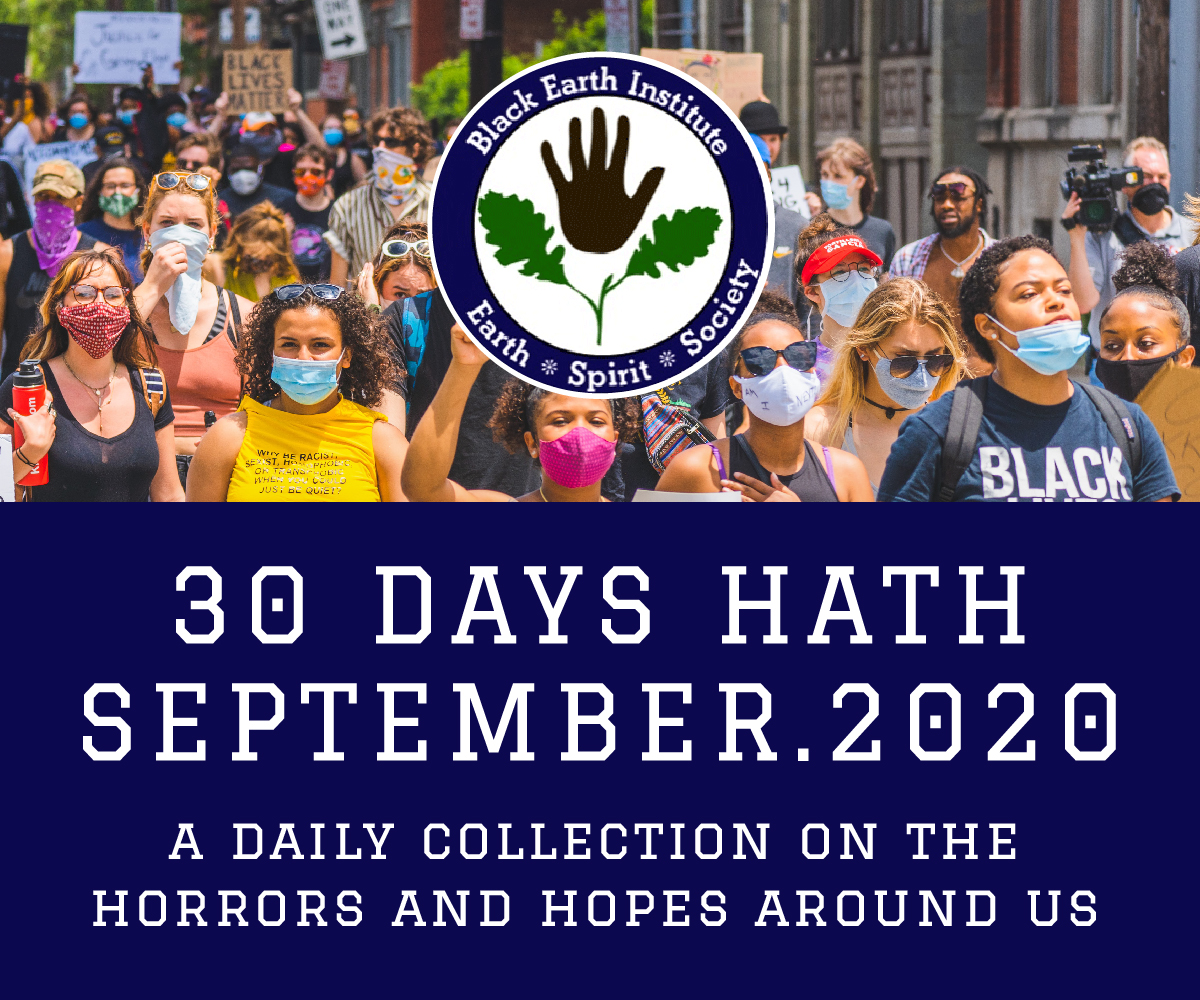
By Petra Kuppers
Here’s a challenge many ecopoetics folk know: in a fast world full of zooms and iPhones, how do members of digital generations find time to tune into the kind of temporalities so familiar to environmental writers of the past, the slowing down by a pond, the sensory opening of walking through a forest? And how can these kinds of temporalities move people to vote with respect for non-human entities?
To look for answers, I went on a walk in a poetry book. I chose one by a non-White woman: in times of Trump, the Black Lives Matter revolution, and #metoo it is so hard for many of my students and me to connect with a canon full of White men.
Poetry elder Mei-Mei Berssenbrugge writes in her beautiful Treatise on Stars: “When mind extends toward sky, it may take the form of a perceived star, because respect is a portal.” (p.3)
In the pages of her collection, I find consciousness smeared across other temporalities, and I connect this ‘respect as portal’ to my own inquiries, currently focused on trees. When ‘I,’ this conglomeration of self-consciousness, biome, gut flora, flesh, material, and electricity, touch the trunk of the tree, with its own collectivity, how do ‘I’ connect to tree time, to the above-and-below spaciousness of roots and crown? Mei-Mei Berssenbrugge’s star entities blossom into their human beholders’ perception like an aroma, she writes: a hint, an action, a co-acting of coming into orbit and stretching one’s senses.
There might be mutual effort, there might be meeting.
When I spend the time to hang out with the tree, when I pay my respects, there’s an aroma of connection, my mind takes on a form: not a meeting, per se, but a portal. Something opens.
Remembering concentrates. What kind of histories and futures can I remember, to move toward contact with otherness? I am not a citizen of the US, so I cannot vote in the upcoming election. But I can use my poetry and performance skills to move others to do so. And here, reading her book, Berssenbrugge’s poetry can offer me tools for thinking through what is at stake.
In my QueerFeministEcoArts class at the University of Michigan, I ask my students to find a tree to speak to. Or to engage a star. Let’s see what they come back with: what aromas, what other-sense, what respect-portal opens up. When we pay respect, we can figure out who pays to erase this tree from this space. Who contaminates this water, the water of this watershed, after researching what a watershed is, and how to locate one’s self in one. We can find out where the nearest light sanctuary is – the place where one can go to escape light pollution, and where we can see the stars more clearly. Or we can find out why the stars twinkle at us. This – connecting the material plane of our environment with the aroma of the stars, with temporalities that we can approach with and as respect – this is a form of politics: “Perhaps creativity is the unfoldment of relations between objective and emotion in space.” (7)
Perhaps that is a way that poetry can lead to voting. In my class’s Canvas site, in between experiential exercises and discussion of our readings, I have files on ‘how to register to vote,’ and on ‘how to vote by mail.’ I offer ecopoetry, and writing and performance tools to approach the art/life skills of being artfully. Being artfully can mean being with others in non-familiar time and space.
Together, the students and I read poetry out loud, for time/space opening: diffusing dissonance rather than negating it, opening up the self to breath, singing lines and singing with the universe. Berssenbrugge connects her star gazing with care-taking and wondering: “I love a person leaving who sees birds in other worlds, nearby.” (15) I hope that my class can use their exploration of co-presence with trees, with stars, with birds, to connect to vulnerability, to our fragile eco-system, to precarious human lives as well as precarious watersheds.
“As you continually generate the transparency of flowing space, it must continually unfold matter that shines.” (9)
In the shine of respect, actions like voting offer themselves as an honoring of matter: human, non-human, ourselves and other, toward mutual thriving.
Mei-Mei Bersenbrugge: A Treatise on Stars. New York: A New Directions Book, 2020.

